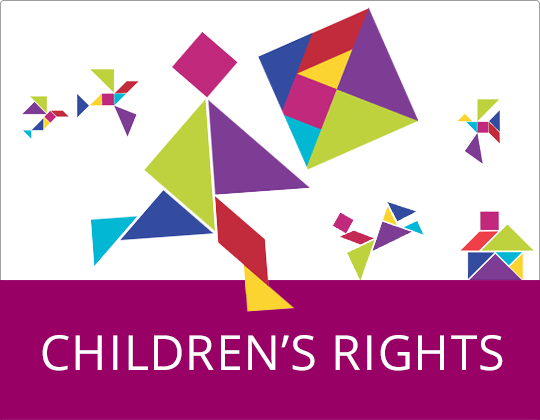On 10 December 2020 - on the occasion of the International Human Rights Day - the Council of Europe held a webinar to launch a new tool: the Handbook for policy makers on the rights of the child in the digital environment.
As 1 in 3 internet users worldwide are children, they represent a large group of digital citizens. While they explore the digital environment, children are presented with many opportunities, including access to education material and information, and platforms to express themselves and engage in play. However, children also face many risks online, and can suffer from human rights violations.
To protect children’s rights in the digital environment, the Committee of Ministers of the Council of Europe adopted the Guidelines to respect, protect and fulfil the rights of the child in the digital environment, which also exists in a child-friendly version. The new Handbook completes these guidelines, by supporting policy makers in dealing concretely with the online rights and protection of children. It will assist the formulation of national frameworks and policies, as well as provide interpretative and practical guidance to ensure the respect of children’s rights online.
The three prominent authors of the Handbook, together with an expert who prepared a closely related Council of Europe Report on children with disabilities in the digital environment, discussed the importance of policy making and presented how the Handbook can be used to safeguard and support children’s activities online:
- Ms Sonia Livingstone, Professor of Social Psychology, Department of Media and Communications, London School of Economics and Political Science (LSE), United Kingdom
- Ms Eva Lievens, Professor of Law & Technology, Ghent University, Belgium
- Mr John Carr, International Advisor on children’s internet safety and security, United Kingdom
- Ms Laura Lundy, Professor, School of Social Sciences, Education and Social Work, Queen’s University Belfast, United Kingdom.
Introduction by Ms Regina Jensdottir, Head of Children's Rights Division, Council of Europe
Presentation by Ms Sonia Livingstone, Professor of Social Psychology, Department of Media and Communications, London School of Economics and Political Science (LSE), United Kingdom
Presentation by Ms Eva Lievens, Professor of Law & Technology, Ghent University, Belgium
Presentation by Ms Laura Lundy, Professor, School of Social Sciences, Education and Social Work, Queen’s University Belfast, United Kingdom




